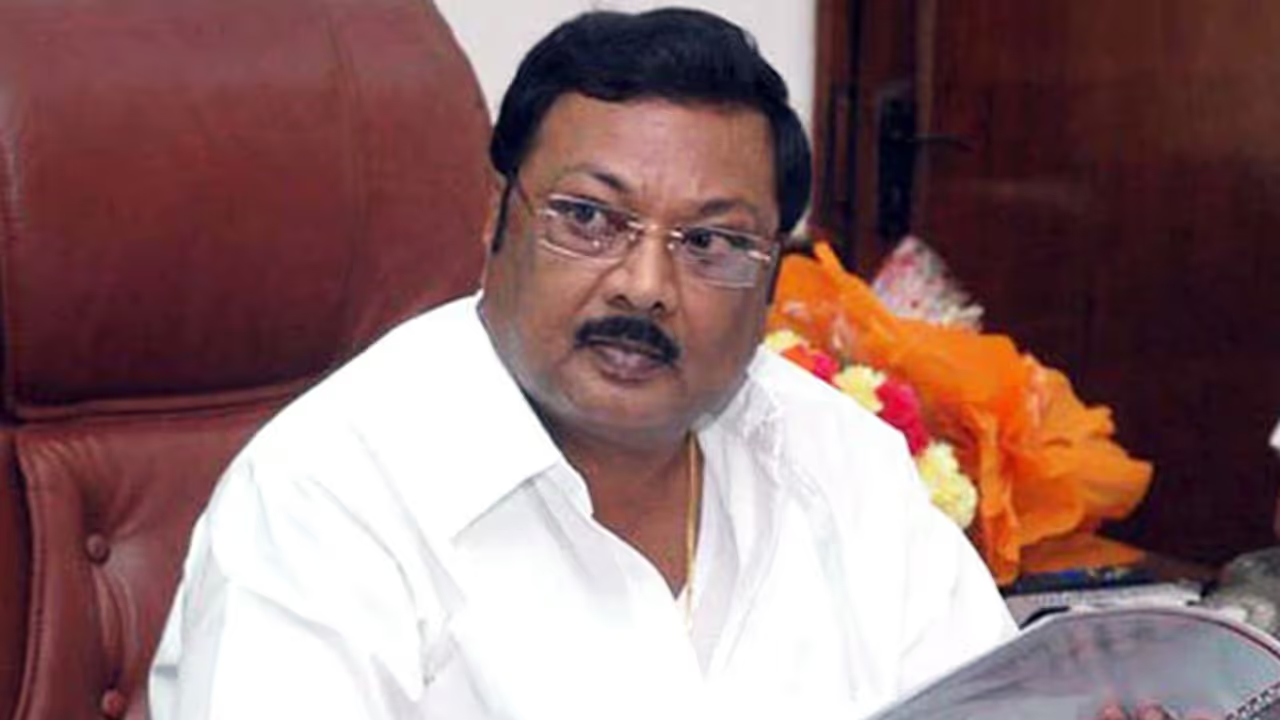Tamil Nadu is known as the state where one seemingly cannot win the election without offering voters some cash. The cash-for-votes- strategy which draws people together through one common factor; money, was started by the DMK. We look back at how it all began.
Cehnnai: In the run-up to the Tamil Nadu Assembly elections in 2016, a truck carrying Rs 570 crore was caught by EC officials near Tiruppur. A few days later, there were reports that the SBI had claimed that it was its money. But apparently, there were discrepancies in that claim, and the court had to order a CBI investigation into the matter. And to this day, nobody is sure as to whom the Rs 570 crore belonged and where was it headed.
But by all reckoning, it surely was money for some political party to meet its 'election expenses'.
Again, by all reckoning, Rs 570 crore is just 'loose change' in the general scheme of things as they exist today, and a political party needs Rs 570 crore and more to win an election because votes these days come at a heavy price.
And Tamil Nadu is an established pioneer in setting the trend for cash-for-votes in polls.
The lab where this formula was straightened out was the nondescript Assembly constituency in the outskirts of Thirumangalam, Madurai.
"Thirumangalam formula" is now an accepted and popular monicker for the infamous strategy that the DMK came up with for the by-election in 2009.
To understand the 'Thirumangalam formula', and how it evolved, one needs to understand the dynamics of the large and byzantine family politics of the DMK patriarch, late M Karunanidhi. This particular turn of events involved his prodigal son MK Alagiri, the controversial former Union minister in the UPA government of 2009.
Alagiri, born to Karunanidhi and his second wife Dayalu Ammal, was somewhat of a problematic entity in the family. Just to keep him out of harm’s way, Karunanidhi, it was alleged, banished him to Madurai in the 80s to keep him away from political centre of Chennai.
Karunanidhi and his other son MK Stalin dominated proceedings at Tamil Nadu's capital. By the 2000s, Stalin had risen strongly within the party and was seen as the de facto president as Karunanidhi was getting old. Stalin was also ensconced strongly in the government and was the deputy chief minister (between 2009 and 2011) when Karunanidhi was chief minister.
Stalin's emergence as the second in command in the party and the government did trigger the acid of envy in his sibling Alagiri, who after lying low for close to two decades, now wanted to bask in the political limelight.
With the DMK back in power in the State from 2007, Alagiri increased the pressure on Karunanidhi, who however kept fobbing him, saying that he was untested in politics and had no political base on his own. But Alagiri's insistence only became importunate, and as per reports, he also sought to emotionally corner his dad through his mother Dayalu Ammal.
And in 2009 when the Thirumangalam seat fell vacant due to the death of the sitting MDMK MLA, Karunanidhi saw that as an opportunity to test the political credentials of his son. He reportedly told Alagiri that if he can ensure the victory of the DMK in the byelection, then he (Alagiri) would be blooded in Lok Sabha polls (set for later in 2009).
This was the signal that Alagiri was waiting for from his dad, and he got down to the task at hand with rare enthusiasm. Alagiri quickly understood that the most fool-proof method to winning was money.
Even before 2009 Thirumangalam, the 2003 by-election in Tamil Nadu's Sathankulam constituency was marred by money power. In fact, allegations of bribing voters have been there in Tamil Nadu. Since the 1950s. Voters were doled amounts around Rs 5 and offered free meals in the elections of 1962, recall few old-timers.
Alagiri and his team of DMK workers perhaps parsed all this information and came up with a formal working method.
"Rather than using the traditional practice of handing cash to voters in the middle of the night, in Thirumangalam, the DMK distributed money to every person on the voting roll in envelopes inserted in their morning newspapers. In addition to the money, the envelopes contained the DMK ‘voting slip' which instructed the recipient for whom they should vote. This forced everyone to receive the bribe.”
The above quote is from the cable that the US embassy sent to the State Department in 2009. The cable came to light through the infamous 'Wikileaks'.
As per the Wikileaks cable, “M Patturajan, former Mayor of Madurai and confidant of Alagiri, said that ‘it is no secret at all; Alagiri paid Rs 5,000 per voter in Thirumangalam’."
S Kannan, a Congress worker in Madurai, was quoted in the cable as saying, "the 5,000 rupees per voter in Thirumangalam changed everything."
Alagiri's devious plan clicked remarkably as the DMK candidate won the election by a landslide margin of over 39,000 votes.
More importantly, Alagiri had 'passed' his father's test. Now Karunanidhi had no other go but to initiate him formally into electoral politics. Alagiri, as it happened, was duly given the DMK ticket to contest the Lok Sabha poll in 2009 from Madurai. And using the same unfailing methodology, he triumphed, and went on to become a Union Minister, a job he fluffed utterly. But that is a story for another day.
But Alagiri's stratagem instantly held an appeal to other parties as well. Soon enough, as bad practices always do, it caught on and it has now come to a stage where elections in Tamil Nadu (and also elsewhere) cannot be fought without bribing voters.
